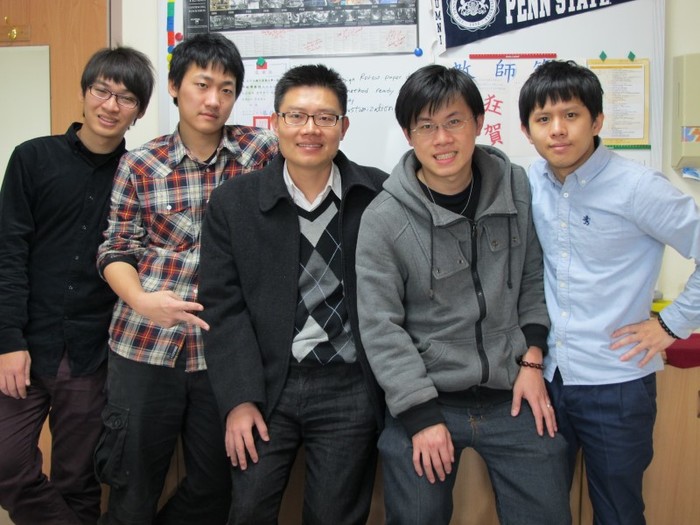


Student-HTN-Atherosclerosis Unfolding Reasoning.Management Ch 1- The Exceptional Manager.Business Core Capstone: An Integrated Application (D083).Comparative Programming Languages (CS 4402).Operating Systems 2 (proctored course) (CS 3307).Principles Of Environmental Science (ENV 100).Advanced Anatomy & Physiology for Health Professions (NUR 4904).
#MONIT CHEUNG PROFESSIONAL#
Professional Capstone Project (PSY-495).Professional Application in Service Learning I (LDR-461).Intro to Statistical Analysis (MAT-133).Curriculum Instruction and Assessment (D171).Adv Hlth Assess/Diagnostic Rea (NSG 510).Professional Nursing Practicum (NUR - 4836C).Primary Care Of The Childbearing (NR-602).Driving Business Opportunities (BUS 400).Operating Systems 1 (proctored course) (CS 2301).Introduction to Curriculum, Instruction, and Assessment (D091).Clinical - RN Concept-Based Transition to Professional Nursing Practice (RNSG 1263).Ethics and Social Responsibility (PHIL 1404).Primary Concepts Of Adult Nursing II (NUR 4110).Business Environment Applications II: Process, Logistics, and Operations – (D079).Engaging youth in sex education planning according to their preferences can increase the participation and fulfill UNESCO’s goals in providing sexual education to world youth to increase their knowledge about sexual development and behaviors, enrich emotional content, and endorse risk reduction.

Finally, given the rise of STDs among youth, public health initiatives, including sex-appropriate education in schools, must consider the gendered preferences of the adolescents. Future curricula can be designed with these preferences in mind. Given the large disparity between the role adolescents believe family should play in sexual education and sex education provided by family members, future research should evaluate which specific areas of family engagement would best engage adolescents in the sex education process. Before developing comprehensive grade-by-grade sexual education programs in Hong Kong, educators should work with adolescents to hear about their source preferences: peer support, online sexual education, and age-appropriate education in schools. Ĭonclusions/Implications : This study exposed large differences between sex education mores and behavior of teenagers. Parental education levels did not impact the discrepancy between responsibility and source of sexual education. The linear regression indicated gender differences in predicting discrepancy scores based on where the adolescents prefer to source their sex education ( F = 71.368, p <. Females preferred to get their information from printed media ( t (df=4865) = 7.32, p <. 001) as sources, and received more sex education through these channels. Compared to females, males preferred electronic media ( t (df=4860) = 6.89, p <. 001) should be responsible for providing sexual education. Results: The bivariate statistics indicated significant gender differences on both question sets. Categories were created sex education sources, including family, school, printed media, electronic media, and peers. These variables were evaluated as a whole and compared by gender. preferred sex education source and (2) where teenagers received their sex education vs. Evaluated primary outcomes were the discrepancy scores of (1) who teenagers believe should provide sex education vs. Participants were younger than 18 years, in Form 4 and Form 5 ( n = 4,869). Methods: Cross-sectional data from a survey of Chinese students from 17 consented secondary schools in Hong Kong were analyzed. This study explored adolescent preferences regarding how sex education is provided, so that appropriate, engaging programs can be developed for adolescents. Prior research hypothesized that there may be discrepancies between where adolescents receive sex education, who provides the education, and teens’ preferred source of knowledge. However, due to longstanding cultural mores and norms, sex education has a taboo status and is often left to the parents. China recently passed legislation to mandate age-appropriate sexual education for school-aged children, effective June 2021. Background/Purpose: As the rates of sexually transmitted diseases are increasing disproportionally among adolescents and young adults in Hong Kong, sex education has become a topic of interest.


 0 kommentar(er)
0 kommentar(er)
